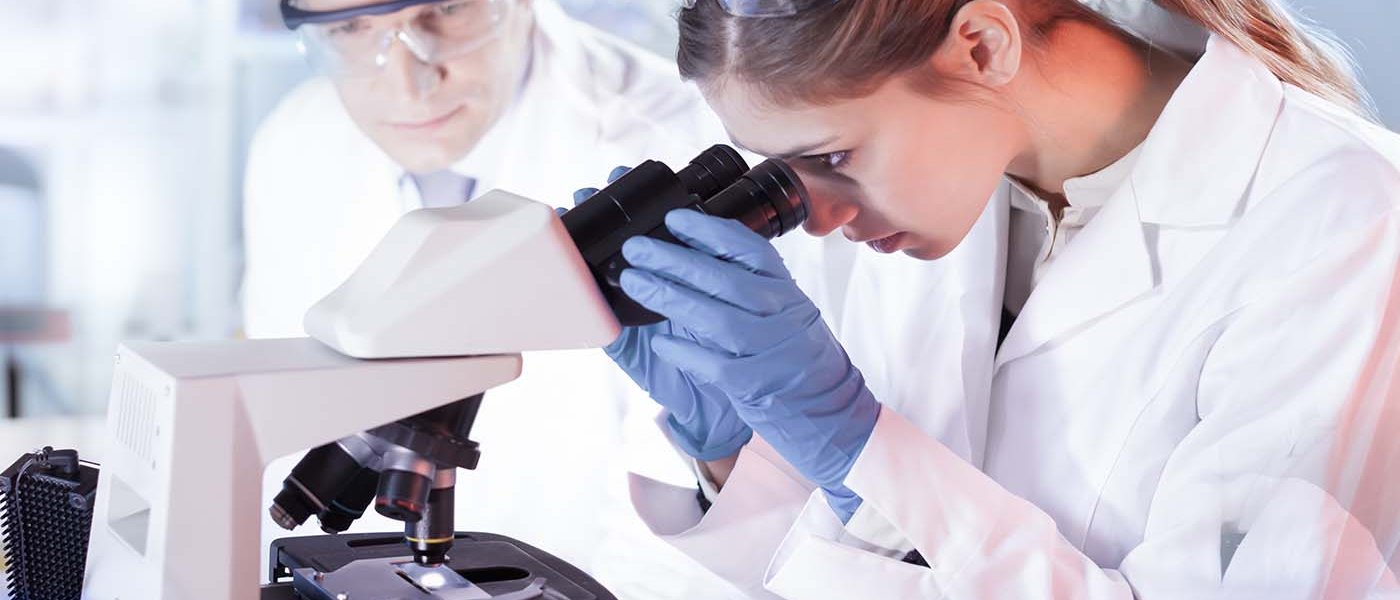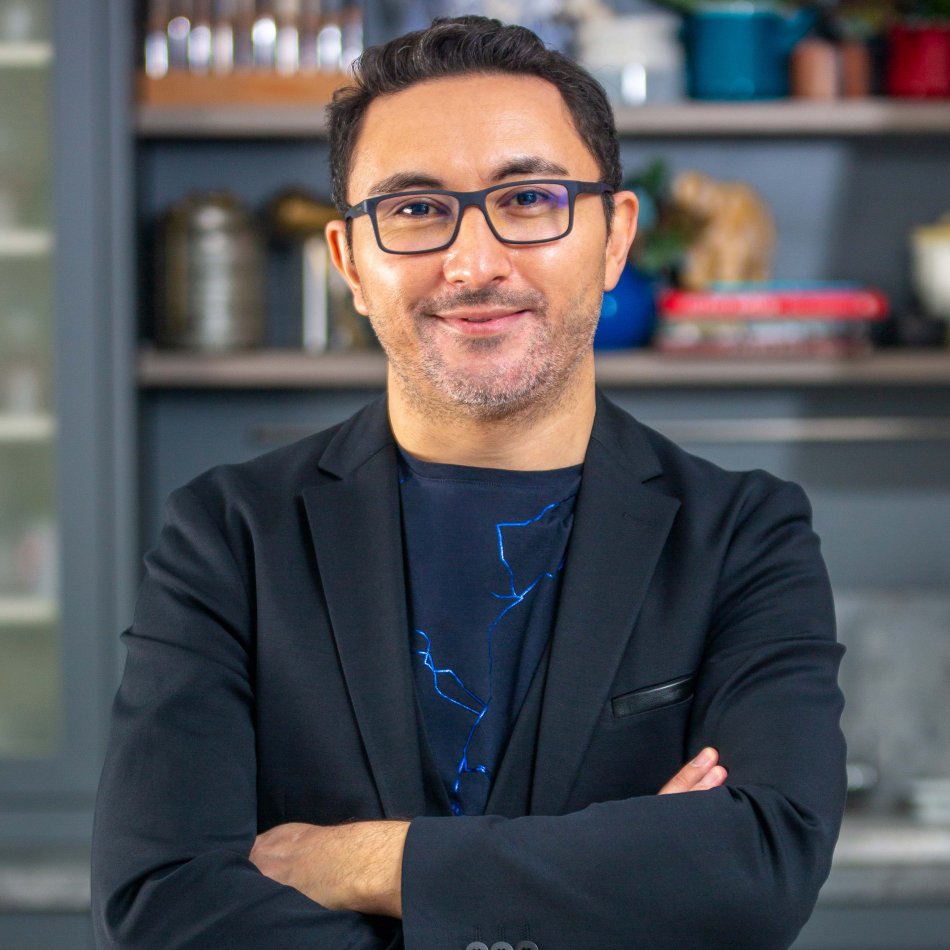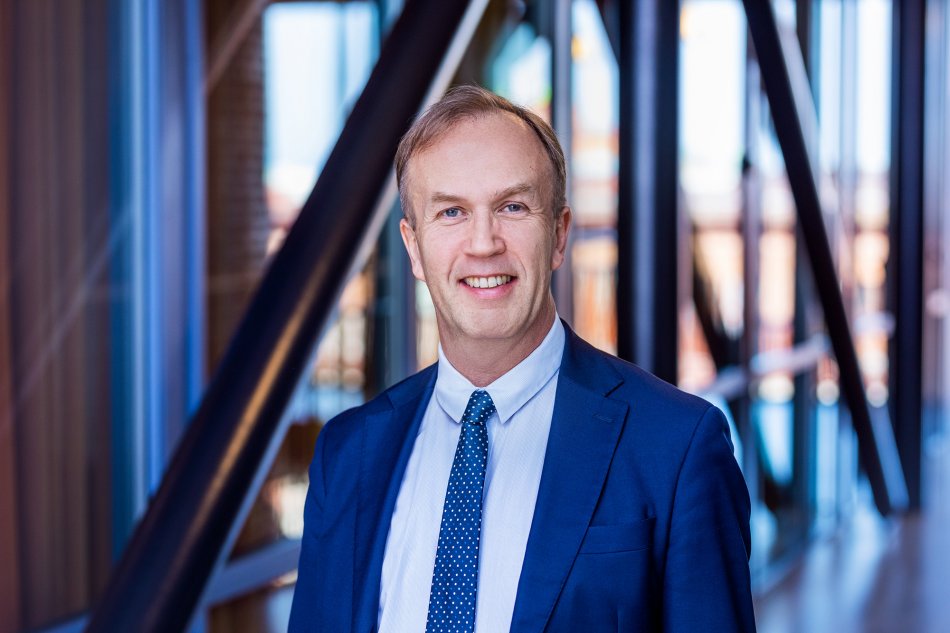
International Acclaim for Microbiome Research in Medicon Valley
Medicon Valley, the Nordic region's leading life science cluster, well-known as a hub of biotech and medical research, is now also gaining international acclaim as a strong and active ecosystem of microbiome research.
Microbiome is a relatively new field and, in Medicon Valley, not much was known about the microbiome work being done in the region – how widespread it was, who was involved, or what exactly was being researched. On a local level, many did not even know that the area was home to microbiome research, let alone those in other countries.
Then in 2019, the EU-funded Microbiome Signature Project was launched. Within two years, the region’s microbiome research was extensively mapped (providing a thorough picture of the ecosystem), companies and research talent in the field were actively being drawn from all over the globe to the area, and it was the site for a new international microbiome summit.
And this was all achieved at the height of the Covid-19 pandemic, with its ensuing period of economic decline and uncertainty.
The Microbiome Signature Project is a collaboration between Invest in Skåne, Copenhagen Capacity, and the Medicon Valley Alliance. It was expressly created to help position the greater Copenhagen area (which stretches from eastern Denmark to the southernmost part of Sweden, the geographic region for the Medicon Valley cluster) as a global hub of research in the microbiome field — which consists of any study of microorganisms and the microbial communities that can be found almost anywhere, including inside every human (e.g. the bacteria in the gut).
A hidden regional treasure
Not long after the Microbiome Signature Project’s launch, it began researching the region’s researchers and by the autumn of 2020, a clear map of the region’s microbiome research ecosystem had emerged and was pivotal in attracting international attention.
The efforts have, so far, successfully convinced several companies to establish offices in the area. Viramal, a British pharmaceutical company specialising in women’s health and reproductive endocrinology, set up a branch in the city of Malmö on the Swedish side of the region. Happybios, a brand of dietary supplements that use probiotic solutions to improve gut microbiota, moved to Copenhagen. And Enbiosis Biotechnology, a Turkish company that analyses intestinal microbiomes to create personalised health solutions, also opened an office in Copenhagen.
“My co-founder is Danish, and we have strong connections to Sweden,” says Viramal’s CEO, Oliver Bates. “Accordingly, we decided to focus on the greater Copenhagen area to benefit from both our activities in Sweden and Denmark.”
For Bates, the move has been a key factor in helping Viramal participate in what he describes “as an already existing and vibrant ecosystem”, access to relevant talent and resources, and connect with partners for collaboration.
Such benefits are also cited by Enbiosis Biotechnology’s Founder and CEO, Ömer Özkan

